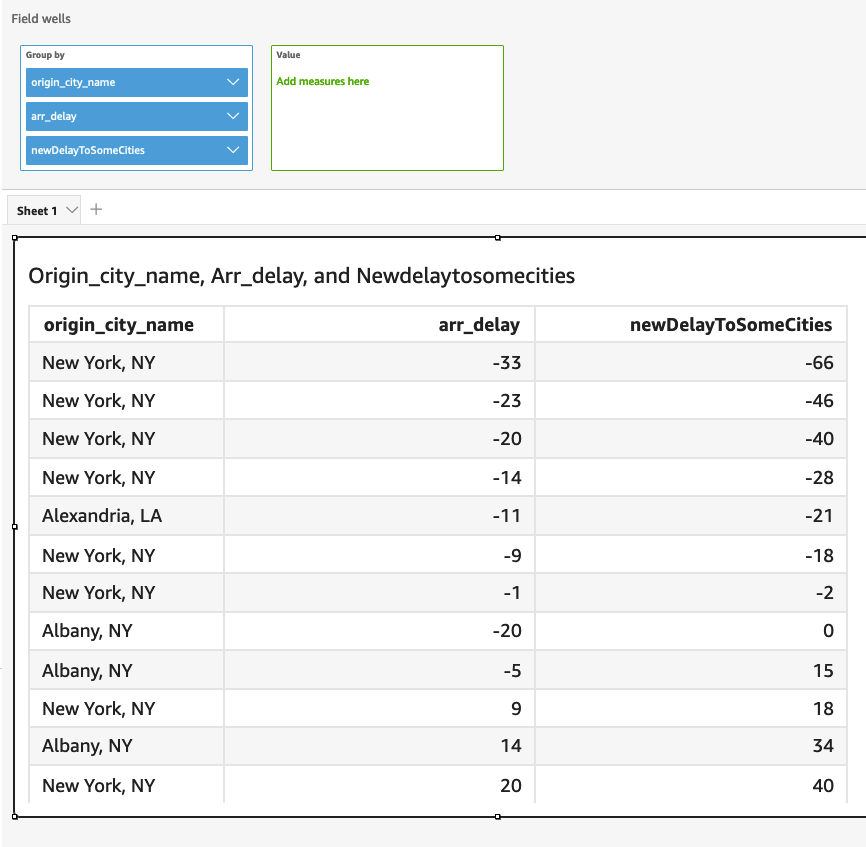switch
switch compares a condition-expression with the literal labels, within a set of literal label and return-expression pairings. It then returns the return-expression corresponding to the first literal label that's equal to the condition-expression. If no label equals to the condition-expression, switch returns the default-expression. Every return-expression and default-expression must have the same datatype.
Syntax
switch(condition-expression, label-1, return-expression-1 [, label-n, return-expression-n ...],
default-expression)Arguments
switch requires one or more if,then expression pairings, and requires exactly one expression for the else argument.
condition-expression
The expression to be compared with the label-literals. It can be a field name like address, a literal value like 'Unknown', or another scalar function like toString(salesAmount).
label
The literal to be compared with the condition-expression argument, all of the literals must have the same data type as condition-expression argument. switch accepts up to 5000 labels.
return-expression
The expression to return if the value of its label equals to the value of the condition-expression. It can be a field name like address, a literal value like 'Unknown', or another scalar function like toString(salesAmount). All of the return-expression arguments must have the same data type as the default-expression.
default-expression
The expression to return if no value of any label arguments equals to the value of condition-expression. It can be a field name like address, a literal value like 'Unknown', or another scalar function like toString(salesAmount). The default-expression must have the same data type as all of the return-expression arguments.
Return type
switch returns a value of the same data type as the values in return-expression. All data returned return-expression and default-expression must be of the same data type or be converted to the same data type.
Use switch to replace ifelse
The following ifelse use case is an equivalent of the previous example, for ifelse evaluating whether values of one field equals to different literal values, using switch instead is a better choice.
ifelse(region_name = "US East (N. Virginia)", "us-east-1",
region_name = "Europe (Ireland)", "eu-west-1",
region_name = "US West (N. California)", "us-west-1",
"other regions")Expression as return value
The following example uses expressions in return-expressions:
switch({origin_city_name},
"Albany, NY", {arr_delay} + 20,
"Alexandria, LA", {arr_delay} - 10,
"New York, NY", {arr_delay} * 2,
{arr_delay})The preceding example changes the expected delay time for each flight from a particular city.


